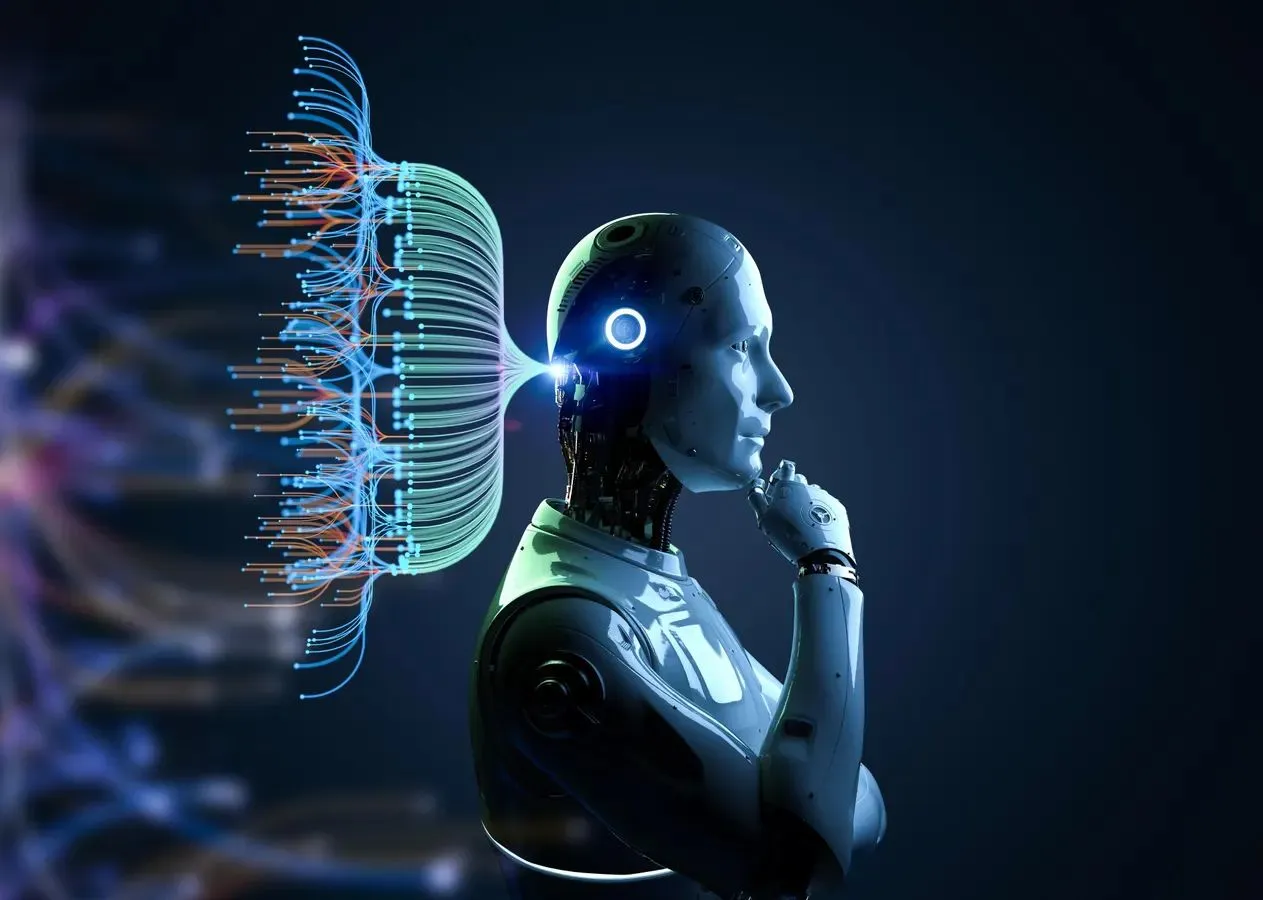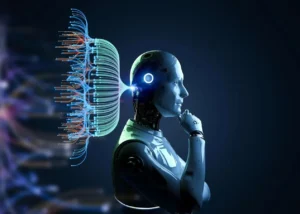
As artificial intelligence continues to evolve and automate various tasks, it’s important to recognize the value of jobs that AI cannot replace. While AI excels at data processing and repetitive tasks, certain professions rely on human qualities that technology cannot replicate. We’ll discuss these distinct roles in this blog, along with the reasons why the human touch is still so important.

Source of image: Google
Creative fields such as art and design require a level of originality and emotional expression that AI struggles to achieve. The personal touch and subjective interpretation that artists bring to their work are irreplaceable.
AI is unable to properly understand the personal voice and cultural quirks that are involved in storytelling. Writers and content creators infuse their work with unique perspectives and emotional depth, setting their content apart from machine-generated text.
Healthcare professionals provide empathetic care, complex decision-making, and personalized treatment. While AI can assist with diagnostics and data analysis, the human element in patient care and the ability to respond to nuanced emotional needs remain crucial.
Mental health support requires deep empathy, understanding, and the ability to form genuine connections. Therapists and counselors provide personalized guidance and emotional support that cannot be replicated by AI.
Teaching involves more than just delivering content; it includes inspiring, mentoring, and adapting to individual student needs. The human interaction and motivational aspects of education are vital for student development and cannot be fully replaced by AI.
Special education requires tailored approaches and personal connections to address the unique needs of each student. The adaptability and empathy of special education teachers play a key role in student success.
Skilled trades involve hands-on problem-solving and precise work that varies with each project. The expertise and adaptability of tradespeople in addressing complex and unpredictable issues are beyond the reach of current AI technology.
Craftsmanship involves intricate, manual skills and a personal touch that machines cannot replicate. The attention to detail and creativity of artisans are essential for creating high-quality, bespoke items.
Leadership roles require strategic thinking, emotional intelligence, and the ability to inspire and motivate teams. Effective management involves nuanced decision-making and personal interaction that AI cannot replicate.
Entrepreneurs drive innovation with their vision, risk-taking, and adaptability. The human element in entrepreneurship—such as understanding market needs and building relationships—remains essential for business success.
Social work involves personalized care and support for individuals and communities. The empathy and relationship-building skills of social workers are critical in addressing complex social issues.
Community organizing relies on personal connections and grassroots efforts to drive social change. The ability to engage with and mobilize people on a personal level is a unique human strength.
While AI is transforming many aspects of the workforce, certain jobs remain irreplaceable due to their reliance on human qualities such as creativity, empathy, and complex decision-making. These roles not only contribute to our well-being but also highlight the value of the human touch in our professional lives.
Q1: Will AI ever replace creative professions? A1: While AI can assist with certain aspects of creative work, it lacks the ability to generate original ideas and emotional depth that human creators bring to their art.
Q2: Can AI be used in healthcare? A2: Yes, AI can assist with diagnostics and data analysis, but it cannot replace the empathetic care and complex decision-making provided by healthcare professionals.
Q3: How does AI impact education? A3: AI can support educational tools and administrative tasks, but it cannot replace the human interaction, motivation, and mentorship that educators offer.
Q4: Are skilled trades at risk of automation? A4: Skilled trades involve hands-on problem-solving and craftsmanship that are challenging for AI to replicate. These roles are likely to remain essential despite technological advancements.
Q5: What makes leadership roles unique from AI? A5: Leadership roles require emotional intelligence, strategic thinking, and the ability to inspire and motivate others—qualities that AI cannot fully replicate.